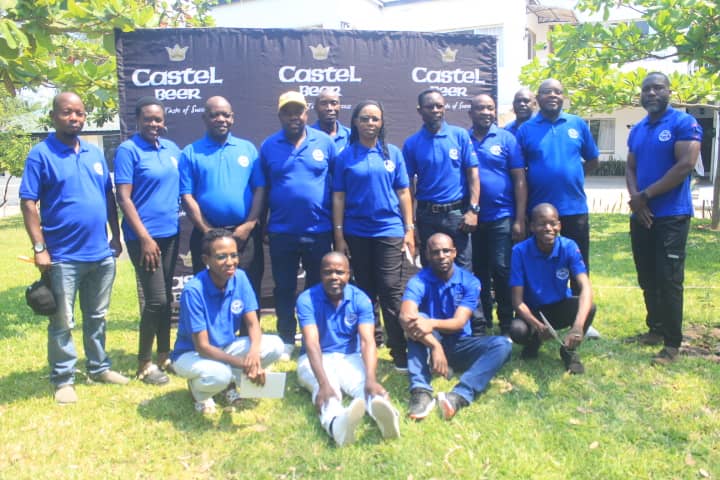By Dean Chisambo
Minister of Labour Peter Dimba has praised President Lazarus Chakwera for his efforts in promoting vocational training and skills development for young people in Malawi.
Dimba made these remarks during the 2025 National Technical, Entrepreneurial, and Vocational Education and Training (TEVET) Conference in Lilongwe.
He emphasized that Malawi cannot achieve sustainable development without a skilled labor force.
He lamented that Malawi 2063, the country’s development blueprint, stresses the need to equip young people with diverse skills to contribute effectively to national growth.
Dimba explained that since President Chakwera took office in 2020, there has been a significant increase in the number of young people enrolling in technical colleges.
He noted that in 2020, only about 2,500 students were enrolled in TEVET institutions, but the number has now risen to over 7,500.
Dimba also revealed that beyond the TEVET sector, enrollment in universities has also seen a substantial increase.
“In 2020, about 30,000 young people were enrolled in public universities. Today, that figure has grown to 75,000,” he said.
He further highlighted that the number of students applying for university loans has risen from 13,000 in the 2019–2020 academic year to over 30,000.
Dimba commended Chakwera for achieving such progress within just three years, despite the challenges posed by the COVID-19 pandemic in the first two years of his presidency.
During his opening speech at the conference, President Chakwera urged Malawians to work hard, emphasizing that employment is a blessing for all.
He also issued a stern warning to those engaged in corruption and siphoning public funds, stating that their time was over, as all loopholes had been sealed.
TEVET Board Chairperson Pyoka Tembo noted that more Malawians are now recognizing the value of TEVET, seeing it as a game-changer in the country’s development.
He dismissed the perception that TEVET is only for those who perform poorly in school, emphasizing that technical and vocational training is essential for national progress.
Malawi University of Science and Technology (MUST) Vice-Chancellor Address Malata stressed the need to introduce vocational training at the early childhood education level to ensure continuous development as students advance in their studies.
She also highlighted the importance of adapting to the digital era and ensuring integrity in creative arts and design, noting that many start well but lose credibility once they establish their brands.
Malata further emphasized the importance of inclusivity, stating that people with disabilities or special needs should not be left behind in vocational training and skills development.




